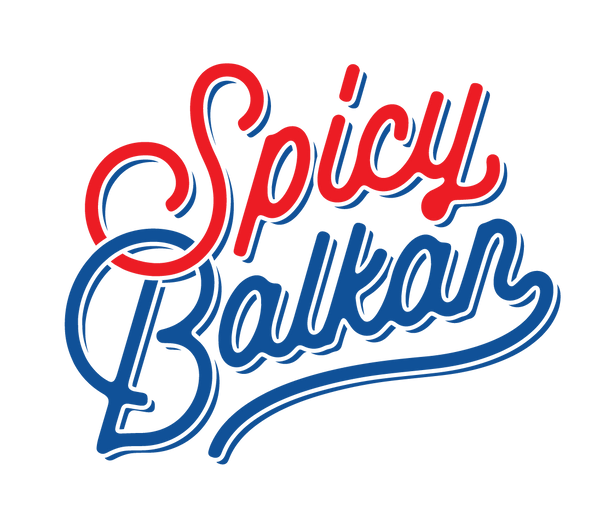Pickling, an ancient method of food preservation dating back thousands of years, has long been cherished for its ability to extend the shelf life of perishable items and enhance their flavors. This technique, which involves immersing foods in vinegar or brine, was once a staple in households around the world, ensuring that fruits, vegetables, and even meats could be enjoyed long after their harvest.
However, in recent years, the art of pickling has seen a decline. Modern conveniences, such as refrigeration and the availability of year-round fresh produce, have led many to forgo traditional preservation methods. The fast-paced lifestyle and reliance on pre-packaged, processed foods have further contributed to the diminishing practice of home pickling.
Despite this, there is a growing movement to revive these time-honored traditions, recognizing the benefits of self-sufficiency, sustainability, and the unique, rich flavors that pickling imparts.
Historical Significance
Throughout history, pickling has been a vital method for ensuring food security during periods of war, famine, and economic downturns. During the war, my family experiences hardships and relied on pickled vegetables to supplement their diets when fresh produce was scarce. Similarly, during economic downturns, pickling allowed people to preserve food inexpensively, ensuring they had nutritious options even when budgets were tight.
Promoting Sustainability
Pickling helps reduce food waste by extending the shelf life of perishable items. Instead of discarding excess vegetables, fruits, or even meats, these foods can be preserved through pickling. This practice supports a more sustainable lifestyle by minimizing waste and making the most of seasonal harvests. Additionally, pickling jars can be reused, further contributing to eco-friendly habits.
Saving Money
Home pickling is a cost-effective way to enjoy preserved foods year-round. By pickling seasonal produce when it’s abundant and cheaper, you can stock up and enjoy those flavors long after the season ends. This reduces the need to buy expensive out-of-season produce and helps you make the most of bulk purchases or garden harvests.
Modern Revival
Today, pickling is experiencing a revival, not just as a method of preservation but also as a culinary art form. From traditional recipes to innovative new flavors, pickled foods are enjoyed for their taste and health benefits, providing probiotics and other nutrients.
By embracing pickling, you can contribute to a more sustainable lifestyle the way our ancestors did it, save money, and connect with a practice that has sustained humanity through some of its toughest times. Whether you’re a seasoned pickler or a beginner, there’s no better time to start preserving the bounty of nature in a jar.

